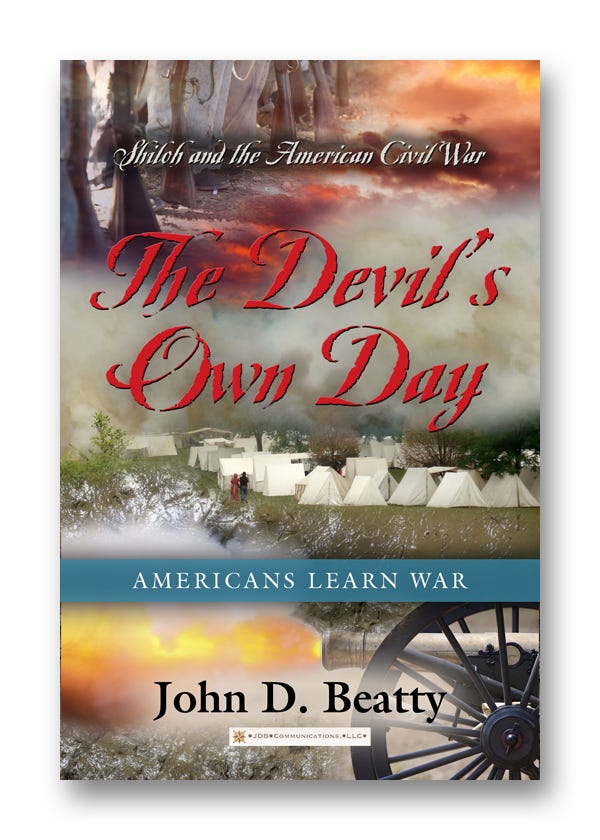We started a war over taxes…didn’t we?
Well, yes, and no. While taxation without representation was a hot button issue in America after the French and Indian/Seven Years War, it wasn’t the only reason American declared independence…just the most visible. After 1763, Parliament found itself deeply in debt because of the costly war against France that, while it secured Canada for Great Britain, also cost in subsidies to Prussia to keep them going against France, Austria, Sweden, Russia and their German allies. Someone had to pay for all that…and Parliament decided it was to be the Americans.
Britain imposed the taxes unevenly.
While the Americans identified as British subjects, they were being made to pay taxes—Stamp Tax, Salt Tax, Excise Taxes—for goods and supplies that no other British subjects had to pay. Americans had representation in the Commons, but the Lords, who did most of the taxing, didn’t have a single American in it. Hardly surprising, but there it is.
That’s why the Constitution requires all revenue bills to start in the House of Representatives.
But there was no income tax in early America, not until 1861 and the Civil War. Congress imposed a flat 3% tax on all incomes over $800 annually. While many Americans now make that much in a week, in the 1860s, those making $800 a year or more were the upper class. Congress repealed this tax in 1871. In 1913, the states ratified Amendment XIII to the Constitution, which outlined how taxation would work at the federal level. That allowed Congress to levy a tax on incomes above $3,000…inflation meant that this is where the upper class started. Some people framed and displayed their tax returns to show how wealthy they were.
Then came the Great Depression.
Franklin Roosevelt introduced Social Security as a payroll tax on everyone in 1935. Then he started spending money he didn’t have on projects—the alphabet soup of the New Deal that built national parks, inventoried works of art, paid for poets and novelists to write some not-bad and some awful stuff, subsidized some farmers but not others. As a wise congressman would say much later:
A billion here; a billion there, and pretty soon you're talking real money.
Attributed to Everet Dirkson
The “billion here, billion there” is verifiable from Dirkson; the rest isn’t. Aside from that, the 1930s was a horrible year for the country’s finances.
Then, World War Two
If the Depression was expensive, the 1939-45 war was catastrophically costly. In 1943, Congress voted to start tax withholding on everyone to help pay for it. Let’s all remember here that many of the Congresspersons who voted for this had to take pay cuts just a decade before just to keep federal payrolls coming at all. The world wars, the Depression, the Great Influenza were all horribly costly to the federal government, which was a fraction of its current size.
And now we pay our dues every April to the Federal Behemoth.
The Devil’s Own Day: Shiloh and the American Civil War
I have set a publishing date for the Second Edition: 5 June. For those of you who don’t know about or haven’t read my Shiloh book, the Second Edition is a cleaned-up tribute to my perseverance and triumph over my first publisher.
In the spring of 1862, three green armies clashed in the Tennessee pine barrens near an obscure flatboat landing on the Tennessee River.
Desperate to stop two Union armies from joining forces—and by so doing, to prove his worth to the Confederacy, Albert S. Johnston, with Pierre G. T. Beauregard, led the 40,000 man Army of Mississippi north from Corinth, Mississippi. It didn't help that Johnston and Beauregard didn't trust each other, nor that their army, collected from all over the South, had never fought—let alone marched—together...
Planning an advance on Corinth, Ulysses S. Grant and the Army of West Tennessee waited near the trading hamlet of Pittsburg Landing on the west side of the Tennessee River, near a small church called Shiloh, anticipating the arrival of Don C. Buell and the Army of the Ohio. It didn't help that Buell hated Grant, though they barely knew each other...
On 6 April 1862, the Confederates, most of whom hadn’t eaten in days, stumbled into the Federal camps in the dark of night. By sunrise, a fifth of Grant's army had become casualties, but Grant, himself, wasn't there...
By sunset, the die was cast for a different future for America…
This encounter—two days of fighting that produced over twenty-thousand casualties—was the first major battle of a war that was projected to last only six months. Instead, it dragged on for three more years, and changed the American way of war forever.
The Devil's Own Day: Shiloh and The American Civil War is a careful examination of this pivotal battle.
Coming Up
Battle for the Ohio Country Reconsidered
And again…
And Finally…
On 15 April:
1865: Abraham Lincoln succumbed to his wounds at 7:22 AM in the Peterson Boarding House across the street from Ford’s Theater. John Wilkes Booth had shot him the night before. Lincoln was the third president to die in office; the first to be assassinated.
1912: RMS Titanic sank some hours after striking an iceberg in the North Atlantic Ocean, four days into her maiden voyage from Southampton to New York. They found only 337 bodies of the over 1500 Titanic victims, only one in five. Some sank with her; winds and currents quickly scattered the rest. The last survivor passed away in 2009.
And today is…NATIONAL TAX DAY. Also, Income Tax Fatality Day, but you knew that, even if for some unaccountable reason known only to God and the IRS, this year, it’s on 18 April.




